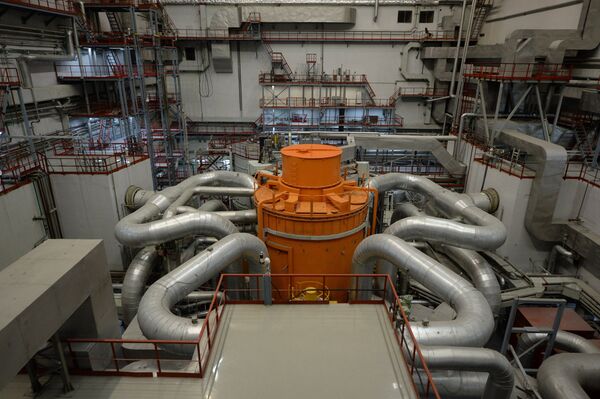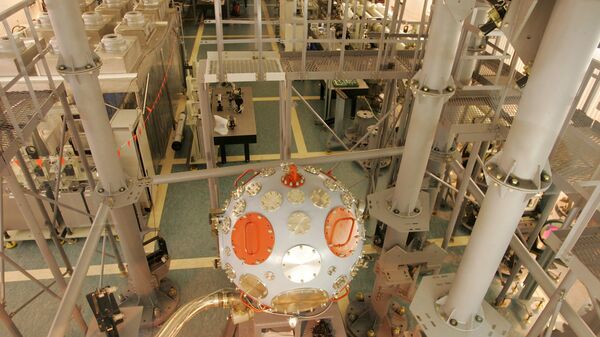The study results were published in the journal Nuclear Engineering and Design.
According to the TPU experts, one of the key problems in the development of hard-to-reach areas, for example, in the Arctic, is ensuring a stable energy supply. The scientists say that very often the only solution is using low-power nuclear plants.
However, the experts note that reloading is a significant problem – the process of replacing nuclear fuel in a reactor – which is one of the most dangerous and time-consuming processes in nuclear energy.
"Reducing the number of fuel reloads significantly improves operational safety. At the same time, the cost of supplying fresh nuclear fuel or transporting a nuclear power unit to the reloading site is reduced", Vladimir Nesterov, associate professor at the TPU nuclear fuel cycle department, said.

The TPU scientists have carried out theoretical calculations proving the possibility of creating a thorium-based nuclear fuel cycle; according to experts, there are four times more thorium reserves than uranium reserves on the planet. At the same time, thorium fuel has a significantly higher intensity of actively fissile isotopes reproduction necessary for energy production.
"The results achieved allow us to once again draw the scientific community's attention to the thorium nuclear fuel cycle's potential. We’ve shown that the implementation of such a cycle in a low-powered reactor unit can increase the operating time of a nuclear reactor by 75% without fuel reloads", the scientist said.
In the future, the researchers want to continue experiments in verified application software packages, as well as to perform thermophysical calculations of low-power reactors operating in the thorium-uranium fuel cycle, with the subsequent implementation of the developed calculation methods in the educational process.

